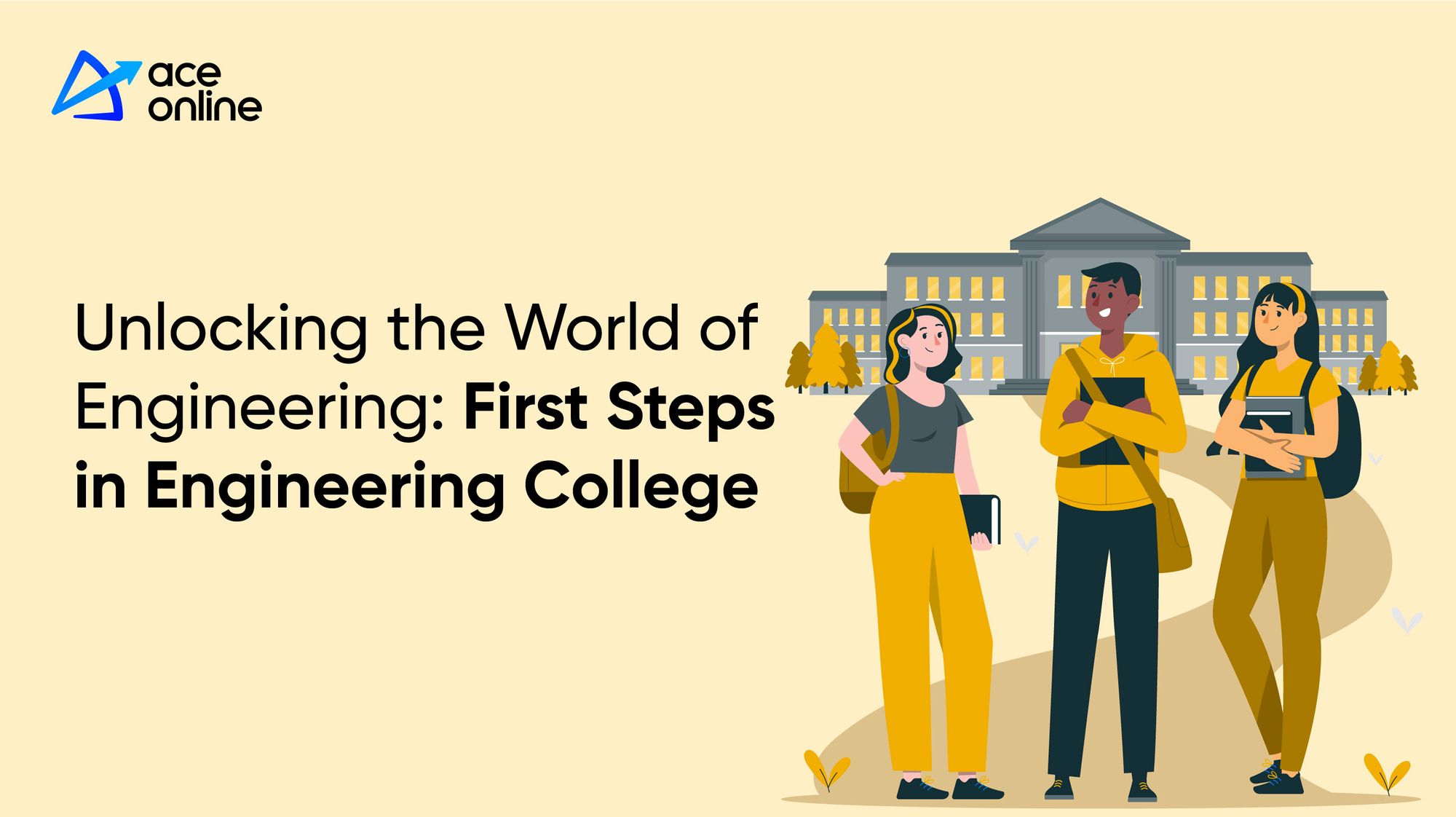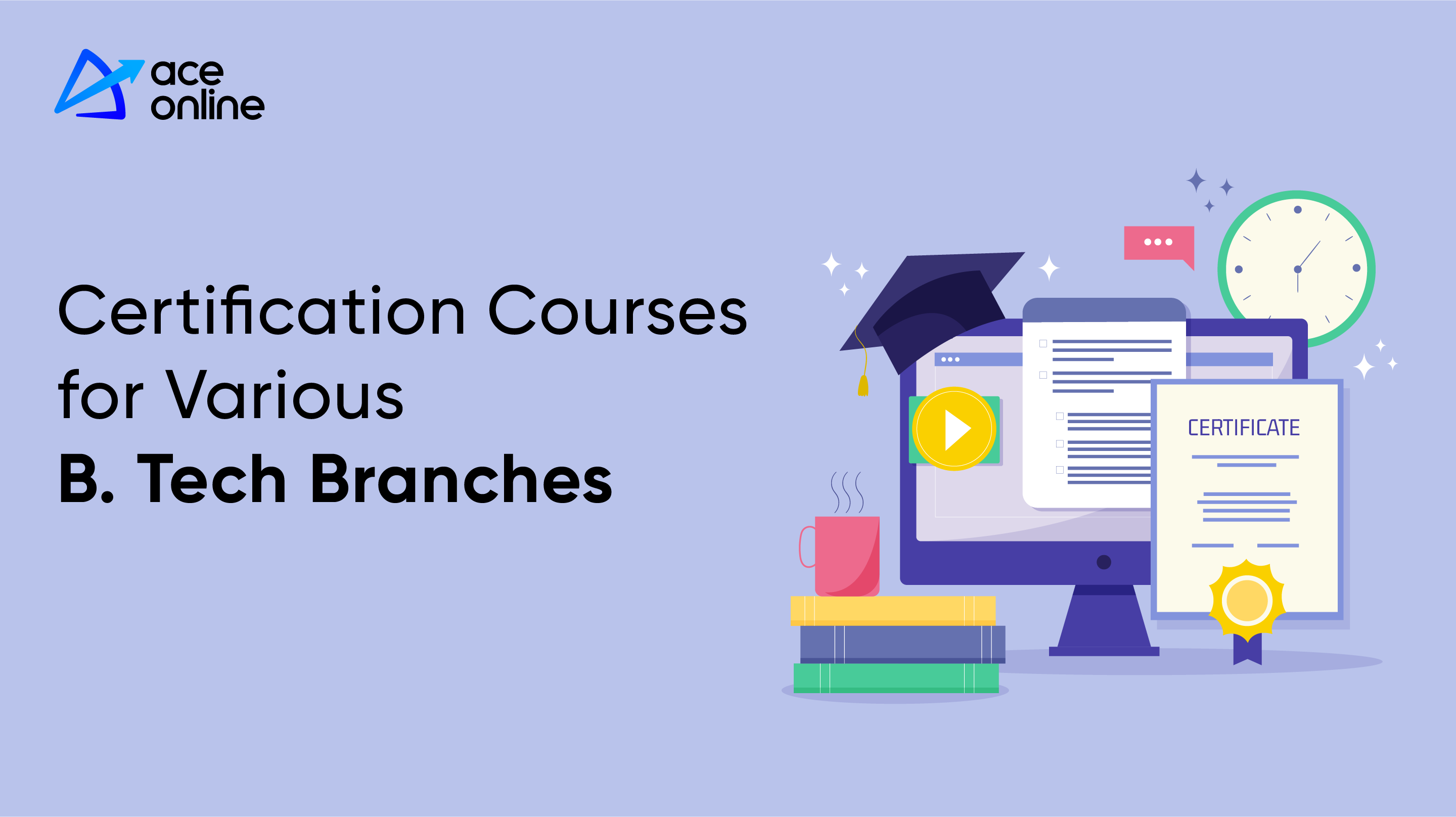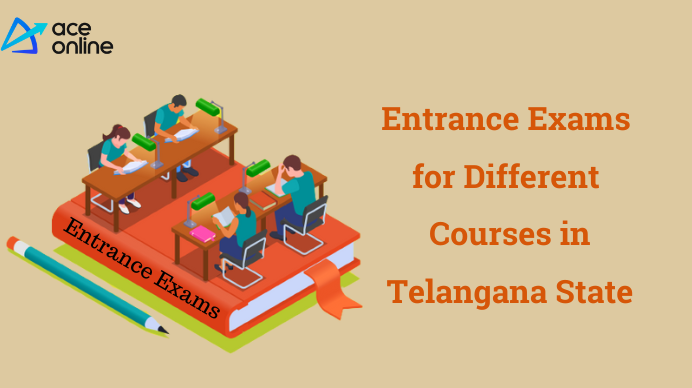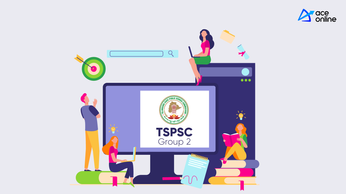
How to get an SSC JE Job with a Diploma Qualification?
The Staff Selection Commission (SSC) Junior Engineer (JE) examination is a prestigious opportunity for diploma holders to embark on a promising career in government engineering jobs.
The Staff Selection Commission (SSC) Junior Engineer (JE) examination is a prestigious opportunity for diploma holders to embark on a promising career in government engineering jobs. While many aspirants think that only a bachelor's degree can lead to a secure government job, that's not entirely true. With determination, the right strategy, and diligent preparation, you can secure an SSC JE job with a diploma qualification. In this article, we'll guide you through the process of breaking down the essential steps to help you achieve your dream career.
Understand the SSC JE Exam
Before you dive into preparations, it's crucial to understand the SSC JE exam thoroughly. The SSC conducts this annual examination to recruit Junior Engineers in various government departments, such as Civil, Electrical, Mechanical, and Quantity Surveying & Contract. The exam consists of two papers: Paper I (objective type) and Paper II (conventional type).

Excellent Career Opportunities with Attractive Salaries
Eligibility Criteria
To apply for the SSC JE exam, you need to meet certain eligibility criteria. Here are the key points:
a. Educational Qualifications: For most positions, you must have a three-year diploma in the relevant engineering discipline. Make sure your diploma program is recognized by the All India Council for Technical Education (AICTE) or a state board of technical education.
b. Age Limit: The age limit typically ranges from 18 to 32 years, with age relaxation for specific categories like SC/ST, OBC, and others.
c. Nationality: You must be a citizen of India, a subject of Nepal or Bhutan, or a Tibetan refugee who arrived in India before January 1, 1962, with the intention of settling permanently.
d. Other Conditions: You should also be physically and mentally fit for the job, and you may need to fulfill specific medical standards as prescribed by the SSC.

Top 10 Highest Paying Jobs for B.Tech CE Graduates in India
Choose Your Engineering Discipline
The SSC JE exam allows you to choose your engineering discipline, such as Civil, Electrical, or Mechanical. Pick the discipline that aligns with your diploma qualification. This choice will determine the type of questions you'll face in Paper I.
Understand the Syllabus
Lakhs of candidates compete for the SSC JE exam across the country. Therefore, to succeed in this exam. it is necessary to have a complete grasp of the syllabus topics. On the other hand, the SSC JE syllabus is extensive. So, a candidate needs to understand every topic of the syllabus for success. Questions are at the Engineering level only from the Subjects of the Diploma (Civil/Electrical/Mechanical) Level.
Competition is High
When considering factors like job profile, salary, career growth, and additional benefits, Central government positions tend to offer more advantages compared to State government jobs. Consequently, competition for Central government positions is notably intense. For Polytechnic Diploma holders seeking government employment, targeting the Staff Selection Commission-Junior Engineers Exam is a wise choice. This examination issues regular notifications each year. If you thoroughly grasp the syllabus, review past question papers diligently, and commit to your preparation, achieving success on your first attempt is entirely feasible.
How to Prepare for SSC JE?
Collect Study Materials
Gather essential study materials, including textbooks, reference books, previous years' question papers, and online resources. You can find comprehensive guides and practice papers specifically designed for the SSC JE exam.
Create a Study Plan
A well-structured study plan is crucial for success. Allocate sufficient time for each subject and set realistic daily, weekly, and monthly study goals. Make sure to include time for revision and practice tests.
Focus on Basics
Start with the basics of your chosen engineering discipline. Build a strong foundation in core concepts. This will not only help you understand the subject matter but also solve complex problems during the exam.
Understand the Exam Pattern
Familiarize yourself with the exam pattern to get a clear idea of what to expect. Paper-I consists of three sections: General Intelligence and reasoning, General Awareness, and General Engineering (Civil and Structural/Electrical/Mechanical). Paper II is a conventional type of paper based on your engineering discipline.
Practice Previous Year's Papers
Previous year's question papers are invaluable for your preparation. They give you insight into the types of questions asked and help you understand the exam's difficulty level. Try to solve as many as you can.
Join Coaching Classes (Optional)
If you find it challenging to study on your own, consider enrolling in coaching classes. They provide structured guidance, study materials, and mock tests to help you prepare effectively. However, keep in mind that self-study can be equally effective with discipline and dedication.
Stay Updated with Current Affairs
General Awareness is a crucial part of Paper I. Stay updated with current affairs by reading newspapers, and magazines, and watching the news. Focus on topics related to science, technology, and current events.

Environmental Engineering Career Outlook & Opportunities
Solve Mock Tests
Regularly solve mock tests to assess your preparation. Mock tests simulate exam conditions and help you manage time effectively. Analyze your performance and work on your weak areas.
Time Management
Time management is vital during the exam. Allocate a specific amount of time to each section, and stick to it. Don't get stuck on a single question; move on if you're unsure and return later if time allows.
Maintain Health and Mental Well-being
Your physical and mental health is crucial during this preparation phase. Eat well, exercise regularly, and get enough rest. Avoid burnout by taking short breaks between study sessions.
Paper-II Preparation
For Paper II, which is specific to your engineering discipline, focus on practical problem-solving. Study the fundamentals and practice solving engineering problems within a time frame.

Unlocking the World of Engineering: First Steps in Engineering College
Stay Positive and Confident
Maintain a positive attitude throughout your preparation. Confidence is key to success. Believe in your abilities, and don't let self-doubt hold you back.
Admit Card and Exam Day
Once you receive your admit card, double-check all the details. On the exam day, arrive early at the exam center with all the necessary documents, including your admit card and valid ID proof.
Time Management During the Exam
During the exam, manage your time wisely. Start with the section you're most comfortable with to build confidence. Answer questions you know well first, and then return to tougher ones.
Accuracy Matters
In objective-type Paper-I, there is a negative marking for wrong answers. Be cautious and attempt only those questions you're reasonably sure of.
Paper-II Strategy
For Paper-II, be clear and concise in your answers. Use appropriate units and labels in your diagrams and calculations. Review your answers if you have time.
Post-Exam and Result
After the exam, stay patient while awaiting your results. The SSC usually releases the results on their official website. If you pass, you'll be eligible for the next phase, which may involve document verification and an interview.
Securing an SSC JE job with a diploma qualification is an achievable goal if you approach it systematically and stay dedicated to your preparation. Understand the exam pattern, focus on your engineering discipline, and practice regularly. Stay positive, manage your time well during the exam, and you'll increase your chances of success. Remember, perseverance and a strong foundation in your engineering discipline can open the doors to a rewarding career in government engineering jobs.

Certification Courses for Various B.Tech Branches
ACE Online Newsletter
Join the newsletter to receive the latest updates in your inbox.







